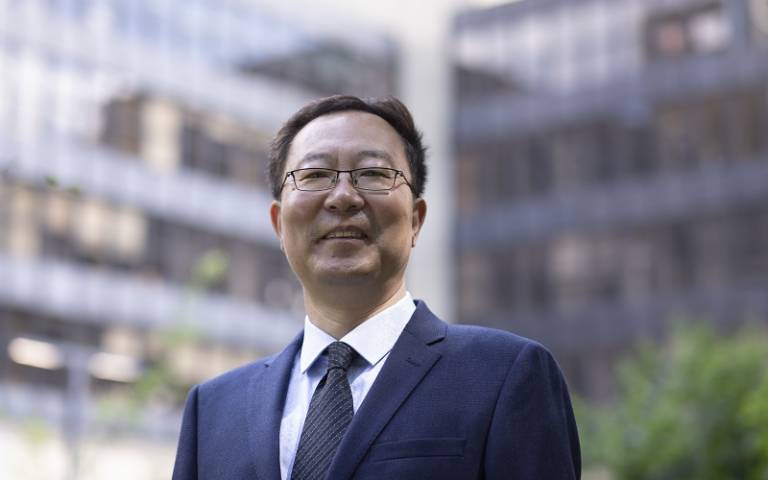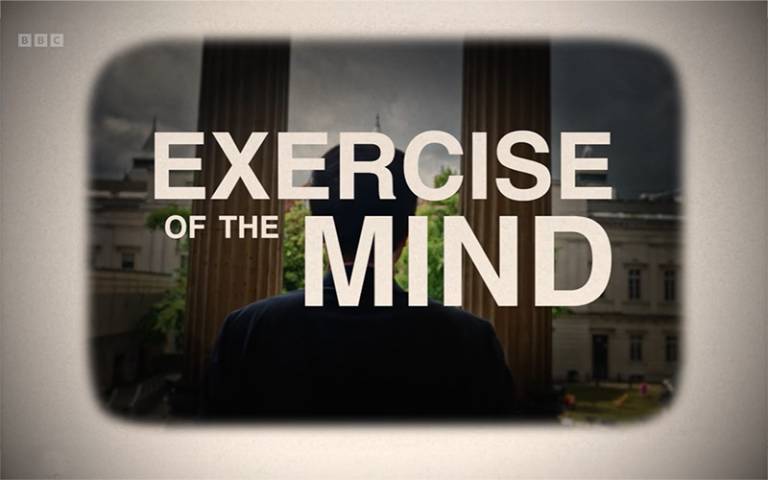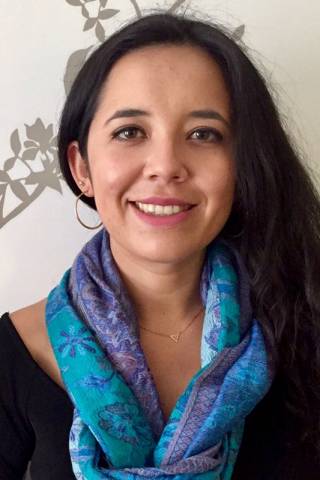Home, heritage and community languages: recognising the breadth of language learning
21 February 2024
On UNESCO’s International Mother Language Day 2024, which celebrates learners’ universal right to study their heritage languages, Professor Li Wei, Chair in Applied Linguistics and Director and Dean of IOE, UCL’s Faculty of Education and Society, writes:

“Language learning, especially when accompanied by learning about related cultures, brings many benefits to the individual and society, from greater intercultural understanding locally and on the world stage, to cognitive, educational and economic returns. The UK is fortunate to host a rich diversity of languages in addition to English, which are spoken by one in five school pupils. The UK nations bring their own linguistic diversity. There are strong social justice as well as economic arguments for championing, supporting, recognising and celebrating that facility with language. In particular, for these language learners, the benefits accrue to their sense of identity, confidence and self-efficacy.
Last year, IOE launched the National Consortium for Languages Education (NCLE), funded by the UK government Department for Education, to support excellence in language education in schools across England and improve the learning opportunities and outcomes for all pupils. This includes a specific strand on ‘home, heritage and community languages’ (HHCLs), focused on improving pupils’ access to learning and qualification in these languages, working with complementary community language schools as well as building awareness, visibility and capacity within the schools system. We are also proud to host the Mandarin Excellence Programme, which similarly supports learning and qualification in a language beyond those that are most established within our schools, in MEP’s case building the teaching workforce from scratch.
England is, then, making important steps forward in recognising a breadth of language learning. Improved support for complementary schools’ important contribution to this effort, especially for HHCLs, as well as greater flexibility in examination, to facilitate ‘examination when ready’, would be beneficial additions."
Professor Li Wei
Chair in Applied Linguistics and IOE Director and Dean
Why being bilingual is good for your brain

Professor Li Wei and Dr Frederique Liegeois (UCL Great Ormond Street Institute of Child Health) appeared on the BBC Ideas programme to explain how being bilingual can have huge benefits on the brain including better concentration, problem-solving, memory and creativity. Watch: BBC Ideas
Unequal English
Dr Ruanni Tupas (IOE) spoke to Michael Rosen on BBC Word of Mouth programme about his experience of speaking four languages (English and three Philippine languages), and how having the way he spoke English judged at university affected the rest of his life and research.
Listen: BBC Radio 4 'Word of Mouth'
Explore more linguistics research at IOE
- UCL BiLingo: research-based advice and information on learning two or more languages in childhood
- Multilingualism in healthcare: Exploring the lived experience of maternity professionals
- The cognitive benefits of language learning: broadening our perspectives
See more research projects from the Centre for Applied Linguistics
Study
Prospective students at IOE can explore this subject area with our applied linguistics, intercultural communication and Teaching English to Speakers of Other Languages (TESOL) group of graduate taught courses, and engage in graduate research with our Culture, Communication and Media doctoral programmes. Our Languages PGCE prepares student teachers for subject specialist teachers and educators.

"Because in my country there were not many studies connected to how children were learning second languages...I went to every lecture thinking about how to connect the contents to the way children in English as a foreign language (EFL) contexts in Chile learn English" - Flor Toledo-Sandoval, TESOL MA.
"I learned fundamental theories in second language acquisition, how to design teaching materials and research related to language assessments" - Aki Tsunemoto, TESOL MA.
"The COVID-19 pandemic, which has created the largest disruption of education systems in history, also prompts me to research and assess a wide range of online educational resources to support the continuity of language teaching and learning" - Yeonwoo Jung, TESOL MA.
Images
Top: Professor Li Wei, credit: John Cobb.
Middle: Screenshot from the BBC Ideas programme, 'Why being bilingual is good for your brain' (retrieved 21 February 2024).
Bottom: Flor Toledo-Sandoval.
 Close
Close

